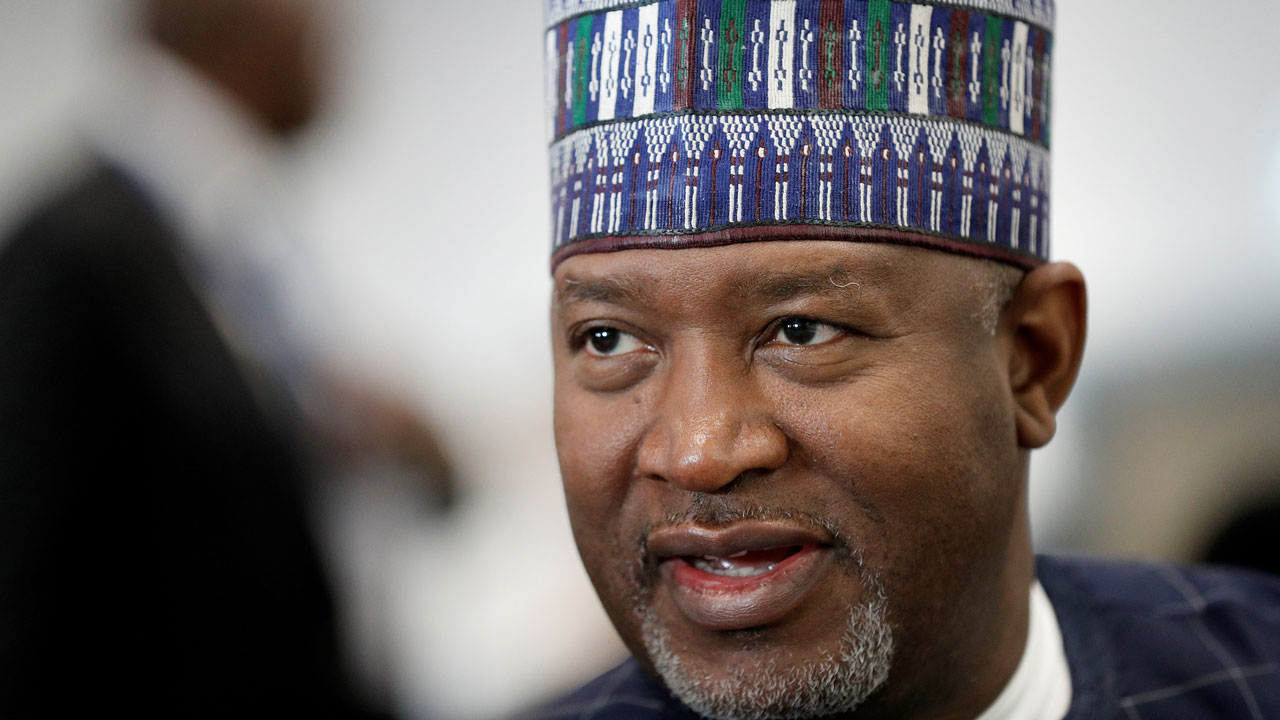
•Stakeholders wary of govt’s funding, interference
To get the new national carrier off its feet, the Federal Government will be injecting about N3.168billion ($8.8million) as the startup capital for Nigeria Air.
The provision, among others, is contained in the Outline Business Case (OBC) recently approved by the Infrastructure Concession Regulatory Commission (ICRC) and currently before the Federal Executive Council for approval.
Meanwhile, airlines operators have expressed concerns over governments’ funding of the airlines and the high likelihood of interference in its operations that ordinarily should run as a private business and compete fairly with other existing airlines.
The Guardian gathered that the initial injection of N3.2billion is a part-payment for the government’s five per cent equity in the investment, whose take-off fund in the next three years of operation has been put at N108billion ($300million).
Sources at the Ministry of Transportation, contrary to claims, said the $300million is the minimum fund expected from both the public and private investors, of which only five per cent ($15million) is government’s contribution.
The director explained that the government is not funding the entire project, but will be offering the startup capital in the form of Viability Gap Funding (VGF).
“Once the strategic investor is in place, they will be expecting to build on the initial investment made. The OBC suggested that there is a need to start the business in order to attract credible investors,” the source said.
The $300million is the funding requirement for the next three years, beginning 2018 ($55million), 2019 ($100million), and 2020 ($145million).
Speaking on the development, the Chief Executive Officer, Med-View Airlines, Muneer Bankole, urged the Federal Government to fully disclose its plans for the general public to know what is in the offing, and warned against injecting public funds into the airline to allow it function and compete as another private carrier.
He said: “There is definitely no threat to operators that know their onions, and once they (new airline) operate normally like an airline, everyone will be fine. The only thing is that they should not take off with the government and people’s funds; it should be privately driven.
“I want to give them the opportunity to come out and be able to tell everybody the template that is still being talked about in Farnborough. When it comes to this country, we have to sit down and ask questions.”
The Chairman, Air Peace Airlines, Allen Onyema, congratulated the Federal Government on the feat, describing it as an avenue to create jobs for Nigerians, and improve capacity for air travel in the country.
Onyema, however, said the new carrier has to operate transparently, with regulators giving a level playing field to all operators in a fair competition.
He said: “If the airline will be used to frustrate the hard earned successes of existing airlines, then we all will be against it. As at now, Air Peace has acquired four B777, Med-View just got one, and maybe Azman soon. Does it mean that we would be restricted from those 91 routes that Nigeria Air will be flying? I hope not.
“We trust Buhari to be a nationalist, and he will not allow us to be forced out of business. That is why the new airline has to be transparent. Government has said it is going to be a private business. It has to operate side-by-side with other airlines. So, if the new airline goes to London, no local airlines should be stopped from the route, once it has the capacity,” Onyema said.
The Secretary General, Aviation Safety Round-table Initiative, Group Capt. John Ojikutu (rtd), added that the meticulous nature of the programme is quite pleasing and designed in a way that it takes the responsibility of infrastructure maintenance off the government.
Ojikutu said: “It is clear that this government does not want to go the way of other people; hence, the plan to concession the airports. National carrier is also to safeguard the market from other foreign carriers, and some of us are in agreement with them.
“Like I have said, let government not put its hand in it. Let them get technical partners from outside to invest a minimum of 40 per cent. That is why they are talking to Boeing, and will soon talk to Airbus to come and invest, while Nigerians will take the remaining 60 per cent.
“If the aircraft manufacturers bring aircraft today and government goes to the Stock Exchange, Nigerians will come out to invest in the 50 per cent. The remaining 10 per cent can then be between the Federal Government and the states. That is when we will have a national carrier.” he said.
[ad unit=2]



